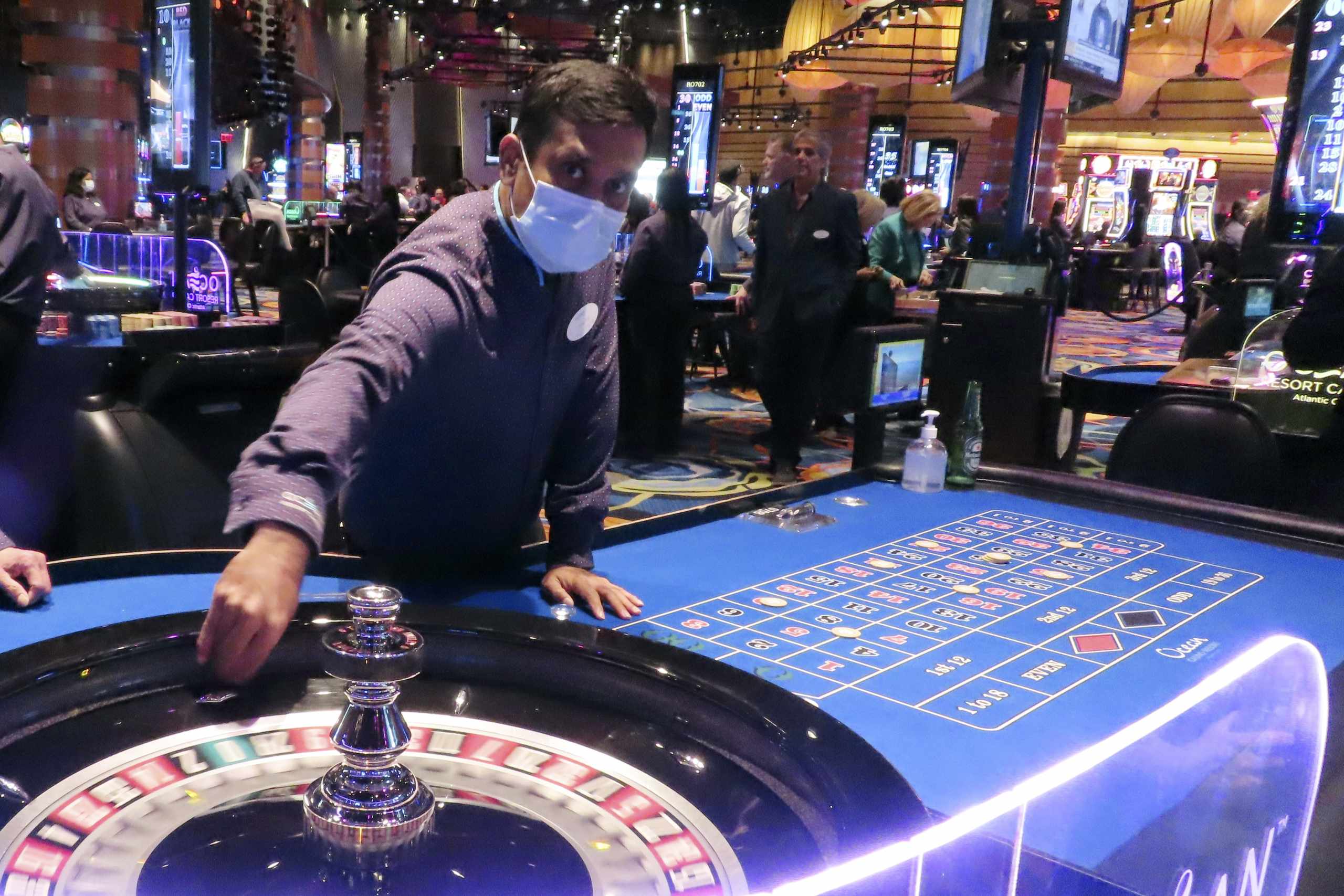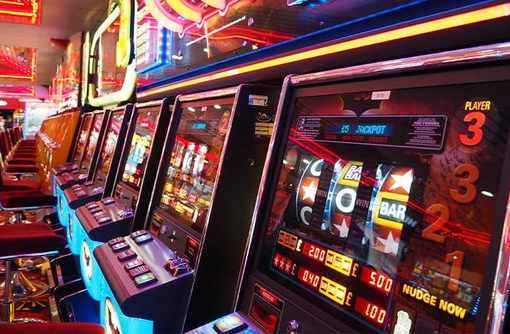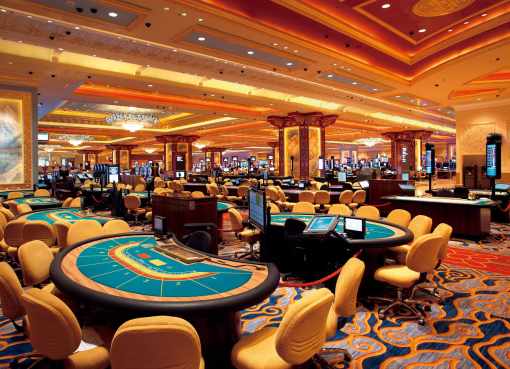While gambling can be an enjoyable form of entertainment for many, it can also lead to serious consequences for some individuals. Problem gambling, often referred to as gambling addiction, is a complex and debilitating condition that affects individuals and their families – play it here.
This comprehensive guide aims to shed light on the dark side of gambling, exploring the intricacies of addiction, its impact, and the avenues for seeking help and support.
Table of Contents
1. Defining Problem Gambling
Definition: Problem gambling, or gambling addiction, is characterized by an inability to control one’s gambling behavior despite negative consequences. It often leads to financial, emotional, and social distress.
2. Recognizing the Signs of Problem Gambling
Common Signs:
- Preoccupation with gambling and spending increasing amounts of time and money on it.
- Lying about gambling activities and concealing losses.
- Chasing losses by making larger bets in an attempt to recover them.
- Neglecting responsibilities at work, home, or in relationships due to gambling.
- Borrowing money, selling possessions, or resorting to illegal activities to fund gambling.
3. Psychological and Emotional Impact
Effects: Problem gambling can lead to a range of psychological and emotional challenges, including:
- Depression and anxiety.
- Feelings of guilt, shame, and hopelessness.
- Loss of self-esteem and self-worth.
- Suicidal thoughts or attempts.
4. Financial Consequences
Impact on Finances: Problem gambling can result in severe financial strain, including:
- Accumulating debt and struggling to meet basic financial obligations.
- Loss of savings, assets, and possessions.
- Legal consequences due to financial misconduct.
5. Strained Relationships and Social Isolation
Impact on Relationships: Problem gambling can strain personal relationships, leading to:
- Breakdowns in trust and communication.
- Isolation and withdrawal from friends and family.
- Divorce or separation.
6. Seeking Help: Treatment and Support
Professional Help: Recognizing the problem and seeking professional assistance is crucial. Treatment options may include:
- Therapy and counseling.
- Support groups, such as Gamblers Anonymous.
- Cognitive-behavioral interventions.
- Medication in some cases.
7. Responsible Gambling Measures
Prevention and Management: Practicing responsible gambling habits can help prevent problem gambling. This includes setting limits on time and money spent, avoiding chasing losses, and seeking support if needed.
8. Regulatory Measures and Support Programs
Industry Responsibility: Casinos and gambling operators play a crucial role in promoting responsible gambling. They implement measures like self-exclusion programs, responsible advertising, and providing resources for seeking help.
9. Raising Awareness and Advocacy
Community and Education: Raising awareness about problem gambling and advocating for responsible gambling practices is essential. Educational programs, campaigns, and community support can help reduce the prevalence of gambling addiction.
Conclusion
Understanding the dark side of gambling, particularly the complexities of addiction and problem gambling, is vital for both individuals and society. By recognizing the signs, seeking help, and advocating for responsible gambling practices, we can work towards a safer and more enjoyable gambling environment for everyone. Together, we can address this serious issue and provide support to those in need.





Comment here